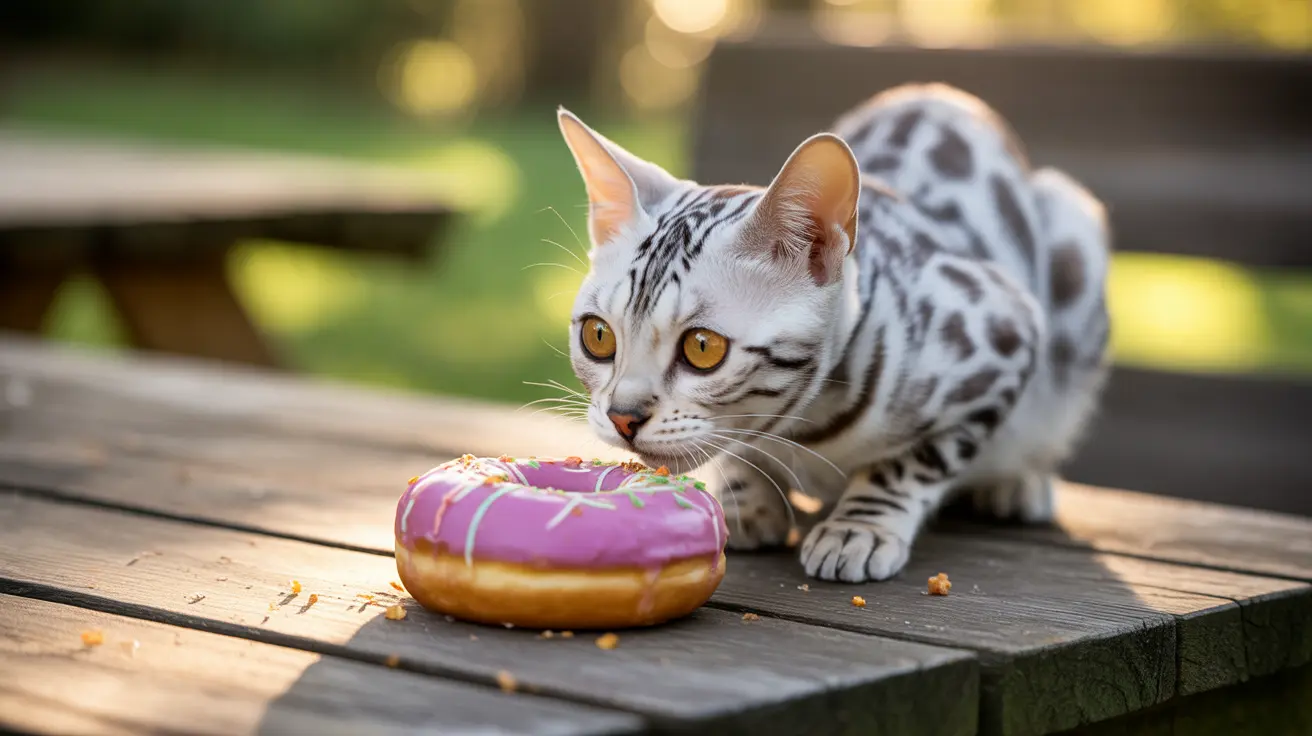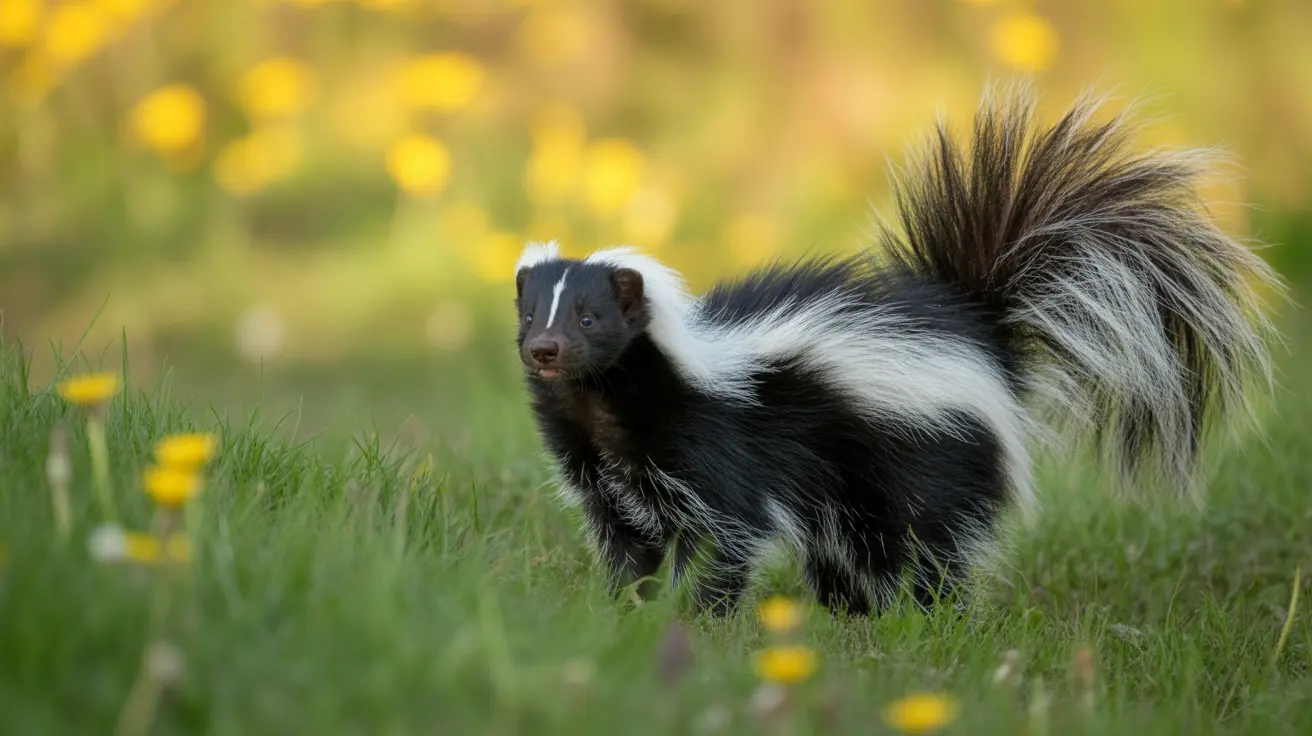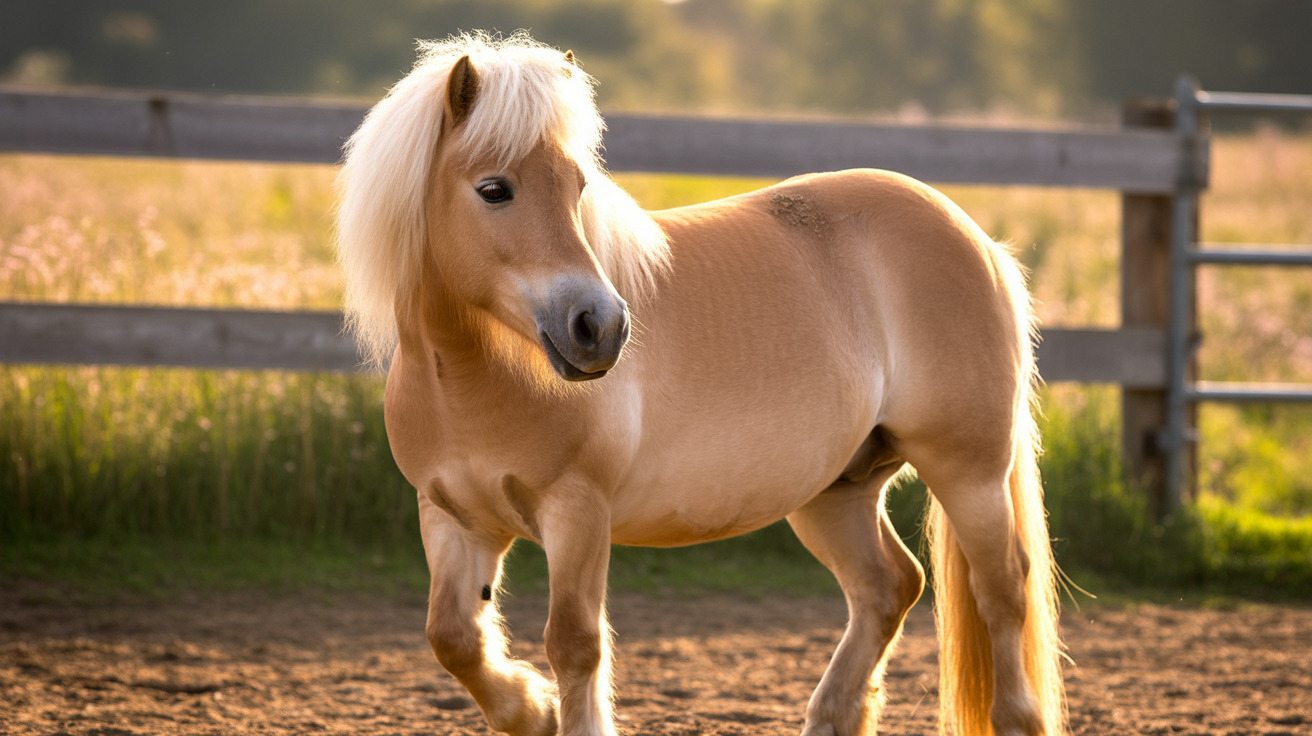As a pet owner, you might wonder if sharing a bite of your favorite breakfast treat with your feline friend is safe. While cats may show interest in donuts, these sugary pastries can pose significant health risks to our feline companions. Let's explore why donuts aren't suitable for cats and what you need to know to keep your pet safe.
Understanding the potential dangers of feeding donuts to cats is crucial for responsible pet ownership. From digestive issues to toxic ingredients, there are several important factors to consider before sharing any human treats with your cat.
Why Cats and Donuts Don't Mix
Cats are obligate carnivores, meaning their bodies are specifically designed to process meat-based proteins. Unlike humans, cats lack the necessary enzymes to properly digest large amounts of carbohydrates and sugars found in donuts. Their digestive systems simply aren't equipped to handle processed sweets.
Moreover, cats can't even taste sweetness due to a genetic variation that affects their taste receptors. Any interest they show in donuts is likely due to the fat content rather than the sweet flavor.
Potential Health Risks
Immediate Concerns
When cats consume donuts, they may experience several immediate health issues:
- Digestive upset and diarrhea
- Vomiting
- Lethargy
- Stomach pain
- Dehydration
Long-term Health Impact
Regular consumption of donuts can lead to more serious health problems:
- Obesity
- Diabetes
- Dental problems
- Nutritional deficiencies
- Chronic digestive issues
Dangerous Donut Ingredients
Common Toxic Components
Many donut varieties contain ingredients that are toxic to cats:
- Chocolate (especially in chocolate-glazed donuts)
- Xylitol and artificial sweeteners
- Nutmeg and cinnamon
- Certain nuts and flavoring compounds
Dairy Concerns
Most adult cats are lactose intolerant, making cream-filled donuts particularly problematic. Even small amounts of dairy can cause significant digestive distress.
Safe Treat Alternatives
Instead of sharing donuts with your cat, consider these healthy alternatives:
- Commercial cat treats formulated for feline health
- Small pieces of cooked, plain meat
- Freeze-dried meat treats
- Catnip-infused treats
- Veterinarian-approved dental treats
What to Do If Your Cat Eats a Donut
If your cat manages to consume some donut, take these steps:
- Remove any remaining donut pieces
- Monitor your cat for adverse reactions
- Contact your veterinarian if concerning symptoms develop
- Keep detailed notes about what was consumed and when
Frequently Asked Questions
Can cats eat donuts at all, and what are the risks?
While a tiny bite of plain donut isn't typically toxic, cats should not eat donuts. The high sugar content, processed carbohydrates, and potential toxic ingredients make donuts unsafe for feline consumption.
What happens if a cat accidentally eats a glazed or chocolate donut?
If your cat eats a glazed donut, they may experience digestive upset. However, chocolate donuts are more serious as chocolate is toxic to cats and requires immediate veterinary attention.
How do I know if my cat is okay after eating a small piece of donut?
Monitor your cat for symptoms like vomiting, diarrhea, lethargy, or unusual behavior. If any concerning symptoms develop or persist for more than 24 hours, contact your veterinarian.
Why are donuts so bad for cats when compared to other human treats?
Donuts are particularly problematic because they combine multiple unsuitable elements: high sugar content, processed carbohydrates, fats, and potentially toxic ingredients. Cats' digestive systems aren't designed to process these components.
What are safe alternatives to donuts for treating my cat?
Safe alternatives include commercially produced cat treats, small pieces of cooked plain meat, or specialized feline dental treats. Always choose treats specifically formulated for cats' nutritional needs.
Conclusion
While sharing food with our pets can be tempting, donuts should never be part of a cat's diet. The risks far outweigh any momentary pleasure, and there are many safer, healthier ways to treat your feline friend. Focus on providing your cat with a balanced, species-appropriate diet and veterinarian-approved treats instead.






